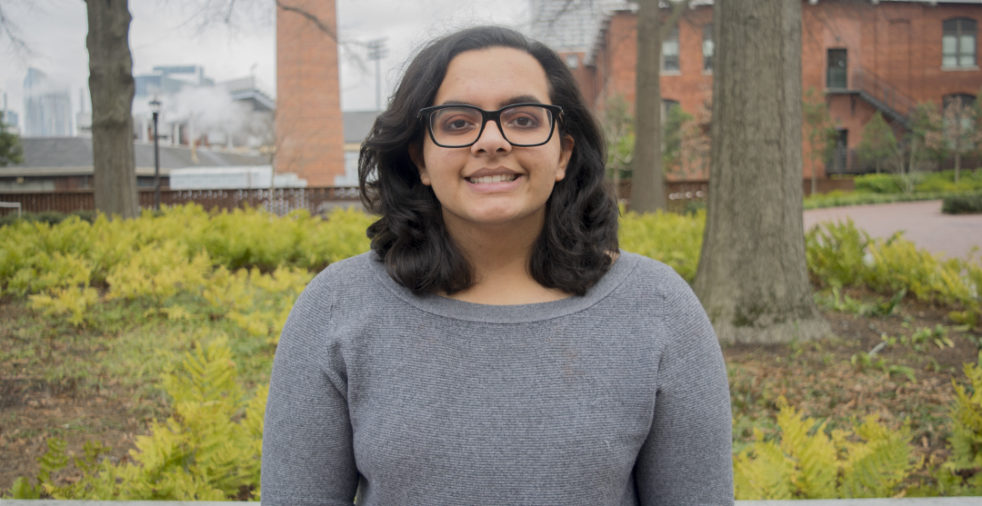Climate change discussion has moved from being filler news stories to the forefront of many people’s minds — and Twitter timelines. We all know the statistics: according to the UN, over the last 150 years, the global average temperature has risen almost one degree, and ocean levels have risen around 20 cm. Climate change has already impacted the environment. We have started to see major ice melting, coastal flooding, increases in extreme weather events, droughts and wildfires, the destruction of marine ecosystems and much more.
If climate change continues hurtling down its current trajectory, the effects are going to be disastrous, deadly and soon. For perspective, an analysis done by C40 Cities found that 800 million people, around 11% of the world population, are vulnerable to the effects of sea level rise alone.
Slowly, more and more climate change deniers are opening up to the truth: throughout the last few centuries, humanity has drastically accelerated global warming and climate change. However, as the myths surrounding global warming are dispelled, new ones are cropping up. Mainly, it is the idea that individuals are responsible for climate change.
We see new accusations on the internet on a weekly basis. We hear “Don’t ship using Amazon Prime!,” Stop eating meat!,” “Don’t fly on big airplanes!” and of course, “If you do any of these things, it means you are a bad person, and you want the Earth to die.”While changing our lifestyle drastically may help in reducing emissions slightly, statistically, individuals are essentially blameless for the large scale of climate change that we are experiencing.
According to a report published by the Carbon Disclosure Project in conjunction with the Climate Accountability Institute, there are 100 companies and governments have been the source of more than 70% of the world’s greenhouse gas emissions since 1988.
And climate change is happening as a result of these overblown multinational companies and the governmental and economic structures that grant them all-powerful status.
This problem was not created by the things we do in our everyday life, and it is not going to be fixed by stopping them either. In fact, if we waste time worrying about how our little actions are contributing to climate change, we are distracting ourselves from pushing for meaningful change.
So, if changing our lifestyle is not the answer, what is?
First, we know how effective education campaigns can be in dominating narratives around environmental issues. One interesting example of this is the Keep America Beautiful (KAB) campaign. In the 1950s, America was experiencing a surplus of production, and therefore, a surplus of trash generated by the packaging waste of corporations.
In response to the public cry for change, many of these multinational corporations, including Coca-Cola and the Dixie Cup Company banded together to create KAB and spearhead a campaign villainizing “litter-bugs,” individuals who carelessly toss out trash. These corporations effectively shifted the onus of trash pollution from themselves to individual households. Years later, we see KAB’s effects continue; there are punishments of fines and jail time for individuals who litter, while there are still barely any regulations on the packaging industry.
We need to counter the current education that climate change is because we do not turn off the water while we are shampooing or because we forget to recycle sometimes.
Although environmental harms may not directly be our fault, we do have a duty to ourselves to advocate for real change. We need to focus our efforts in the right place: political activism. One way is to vote for politicians that prioritize solutions to climate change. Even better, we ought to only vote for politicians that refuse to take money from lobbyists and big companies.
Another way is to contact our representatives or local government. Sign petitions, call them, write to them, tweet at them. Instead of pestering our friends about going vegan, pester our senator about the importance of regulations on oil and gas.
But the biggest thing we can do is be aware and spread awareness — if as many people talked about the way our laws grant extremely wealthy organizations too much power as they talked about switching to metal straws to save the turtles, change is bound to happen. We can restructure the dialogue surrounding global warming ourselves: our own version of an education campaign.
It is probably true that obsessing over the environmental impact of each of our actions might contribute positively to the problem, but the fact of the matter is it will not make a dent in the amount of change that needs to happen.
Though it is not all bad; these trends that pop up on our feeds represent a growing consciousness about the environment. Of course, you should keep carpooling and turning off lights when you leave the room. However, we also have to ensure that we are aware of what the root of the problem is and know that using metal straws instead of plastic ones is just not enough.
Ultimately, we have to stop thinking individuals ought to carry the burden alone — humanity as a collective needs to bear the burden of climate change together.
